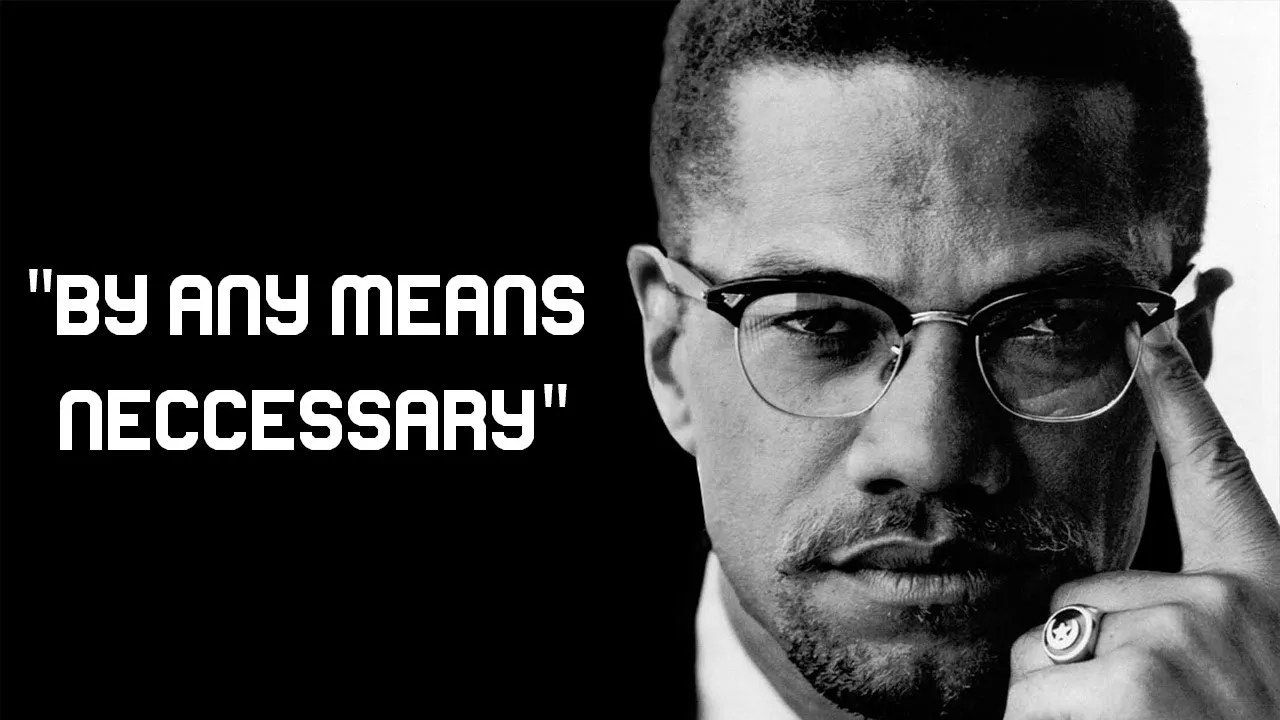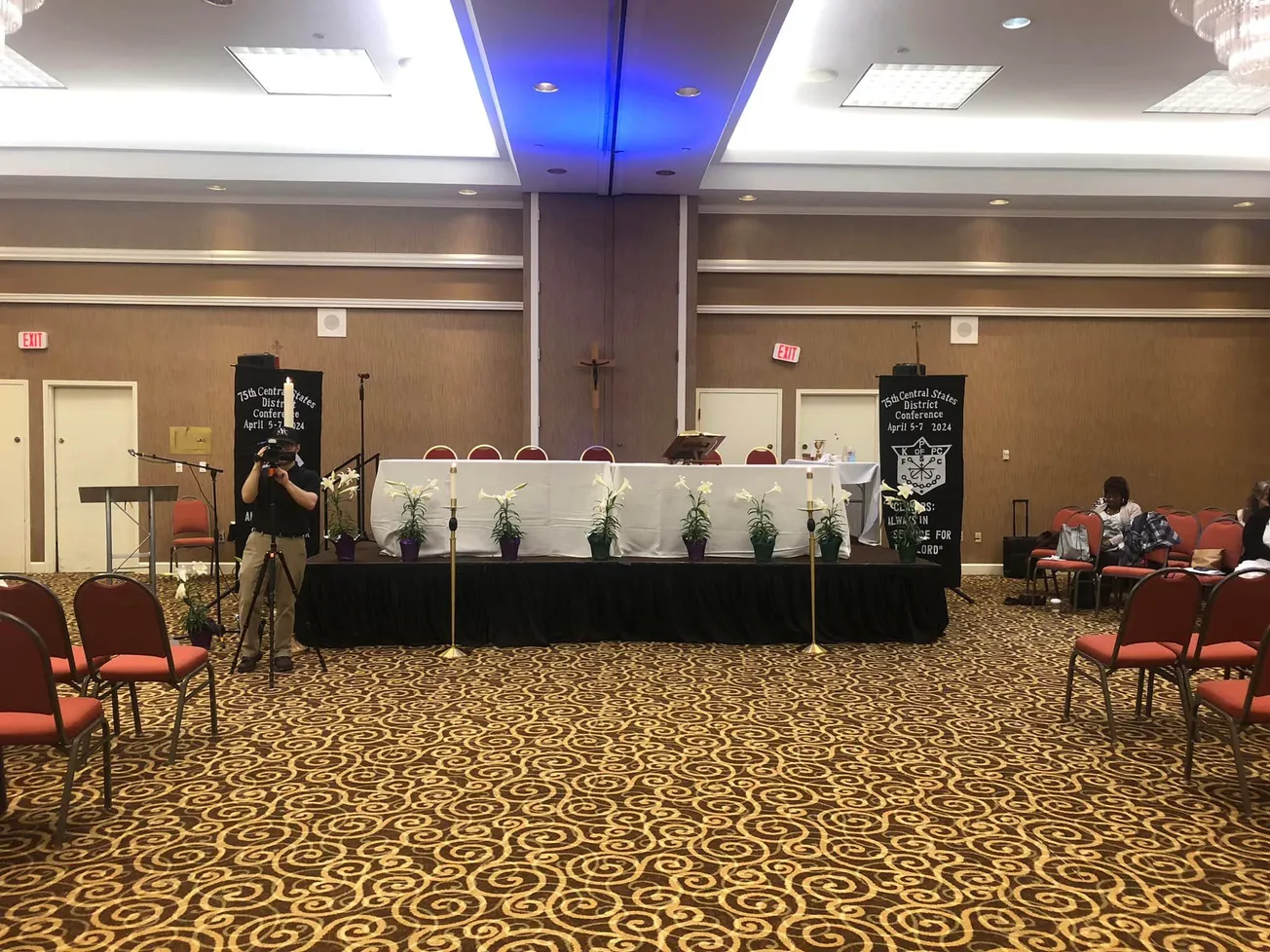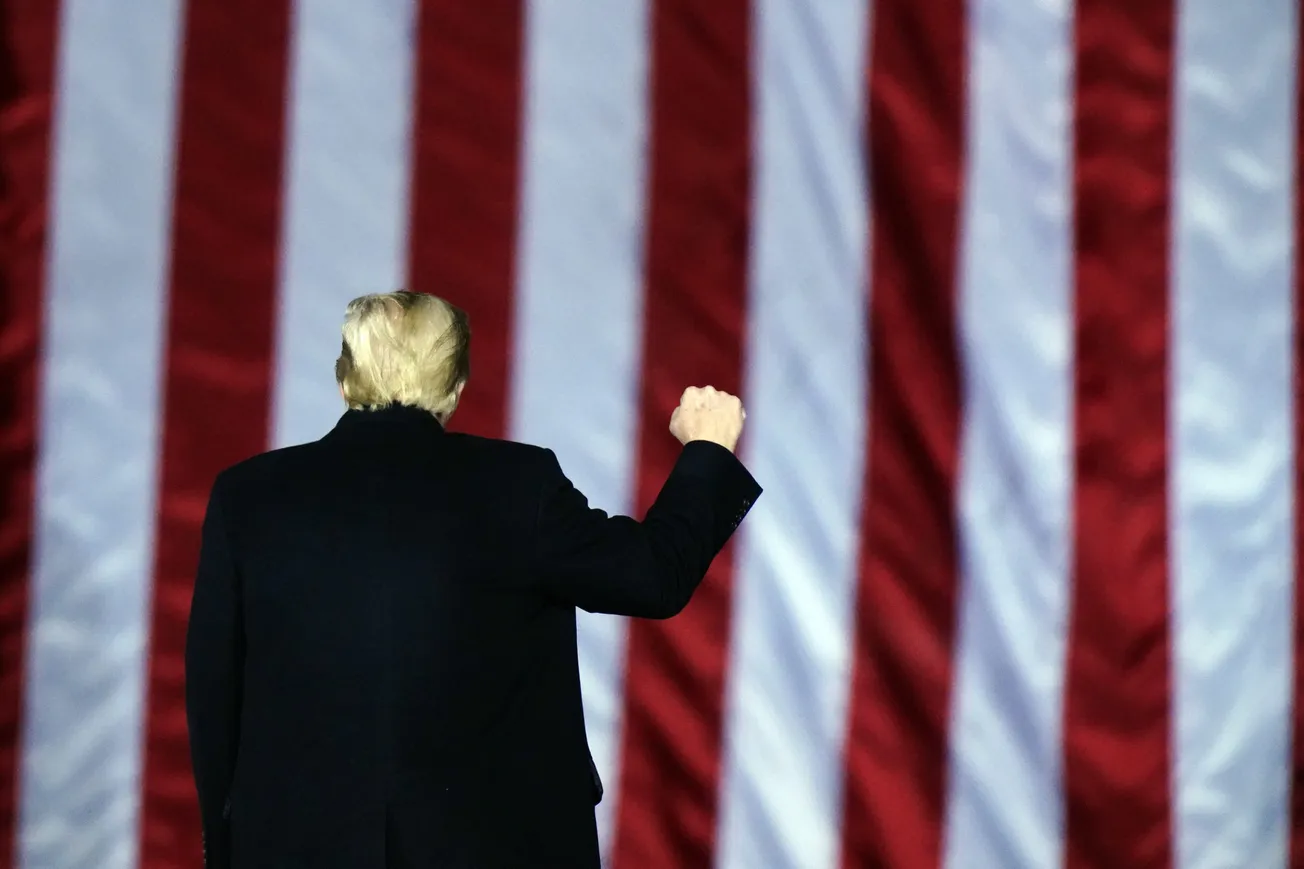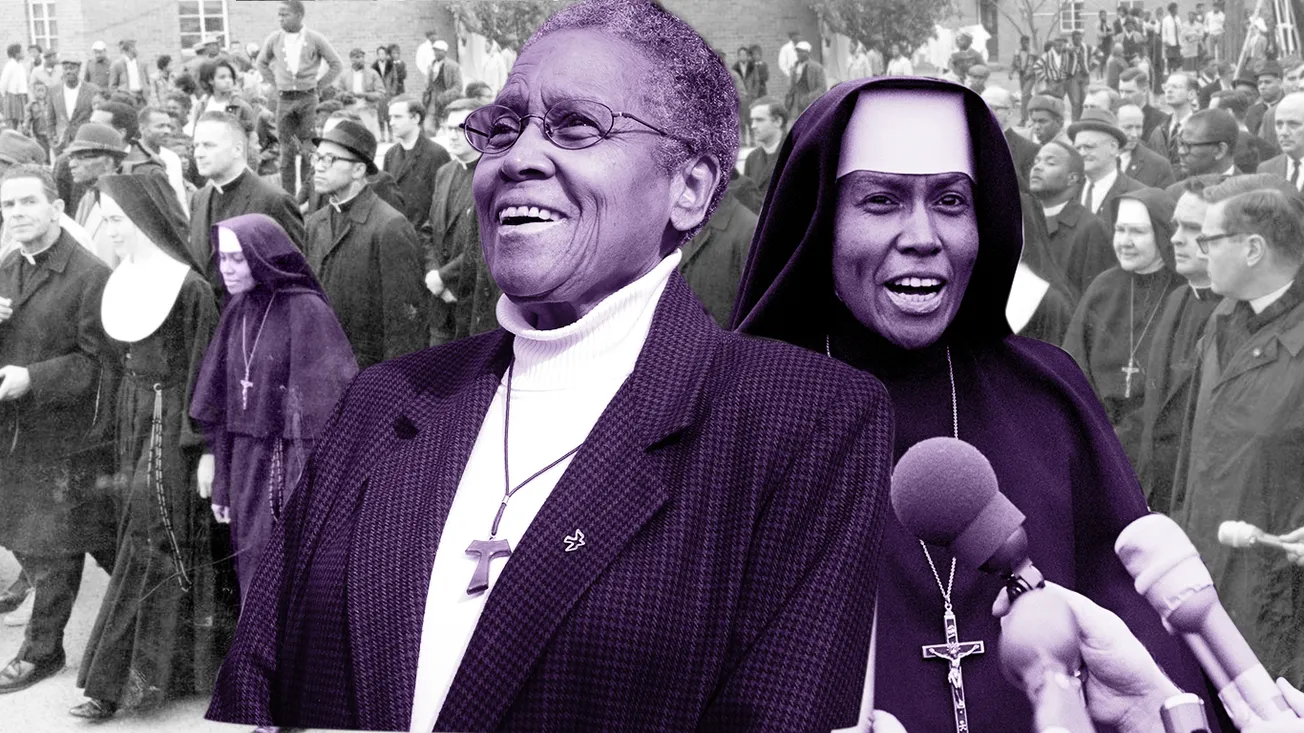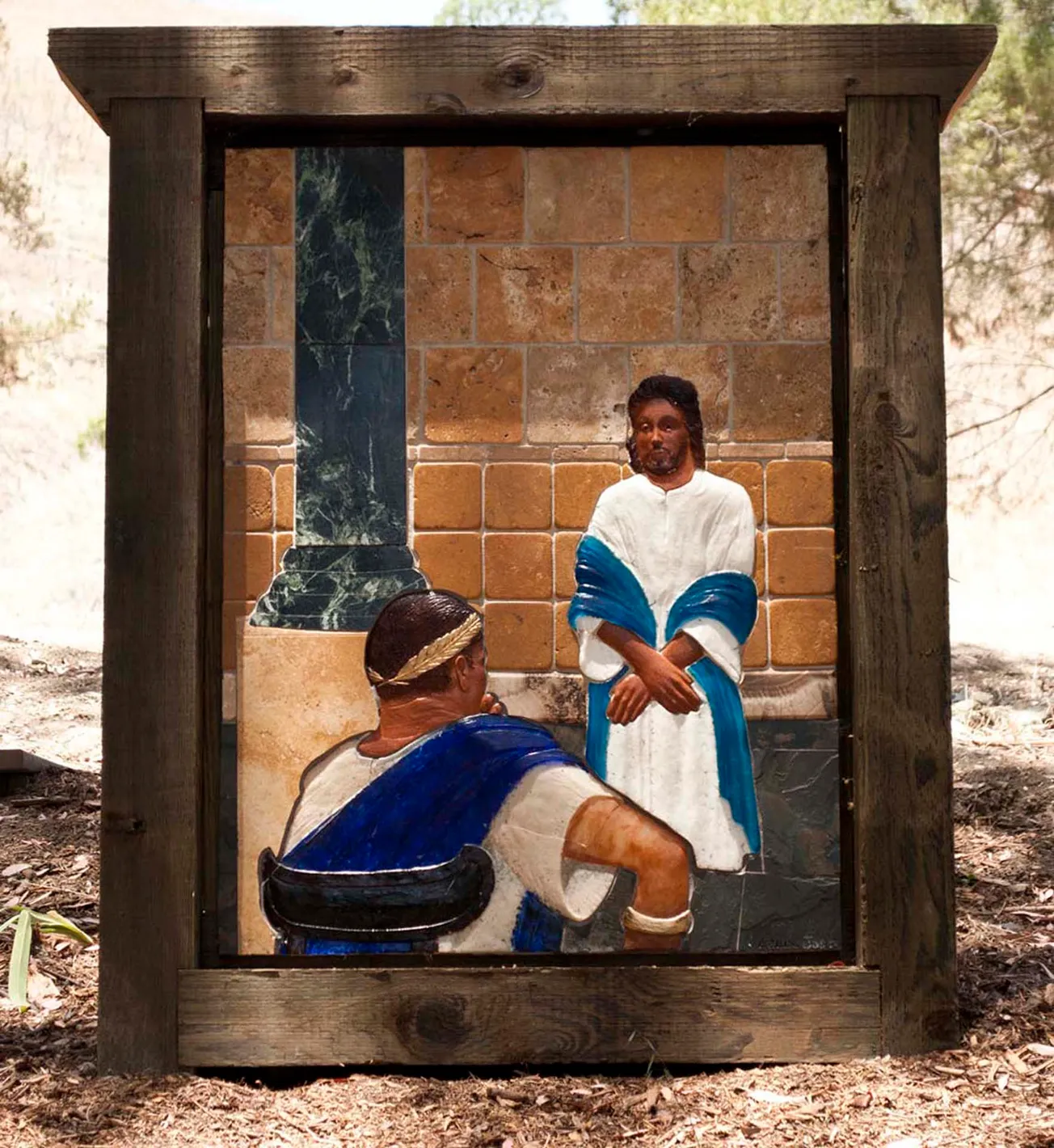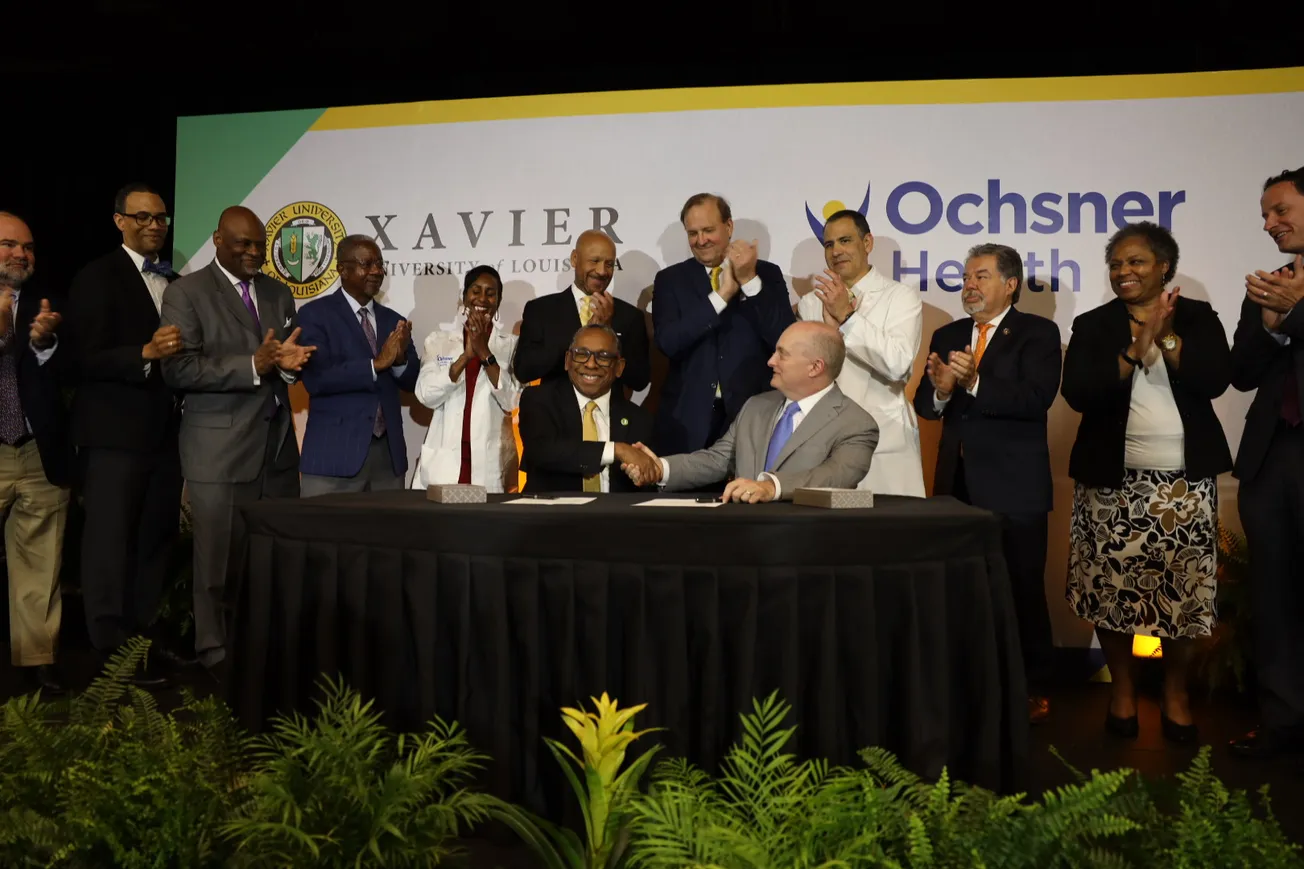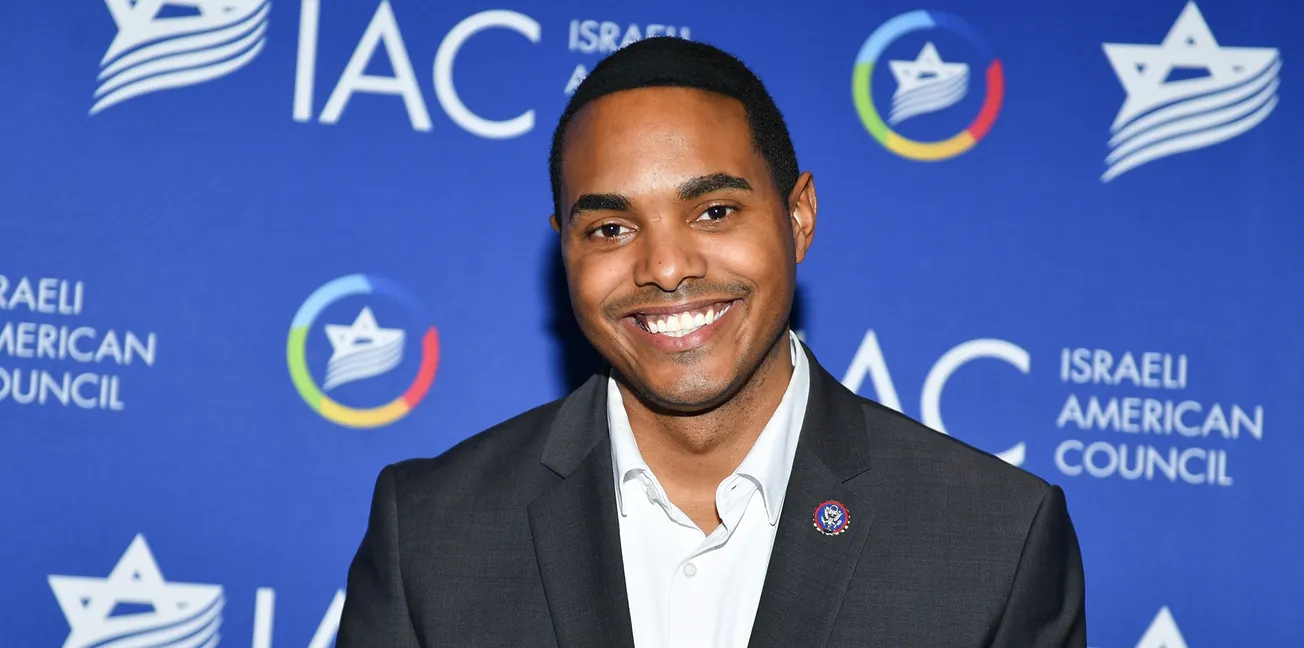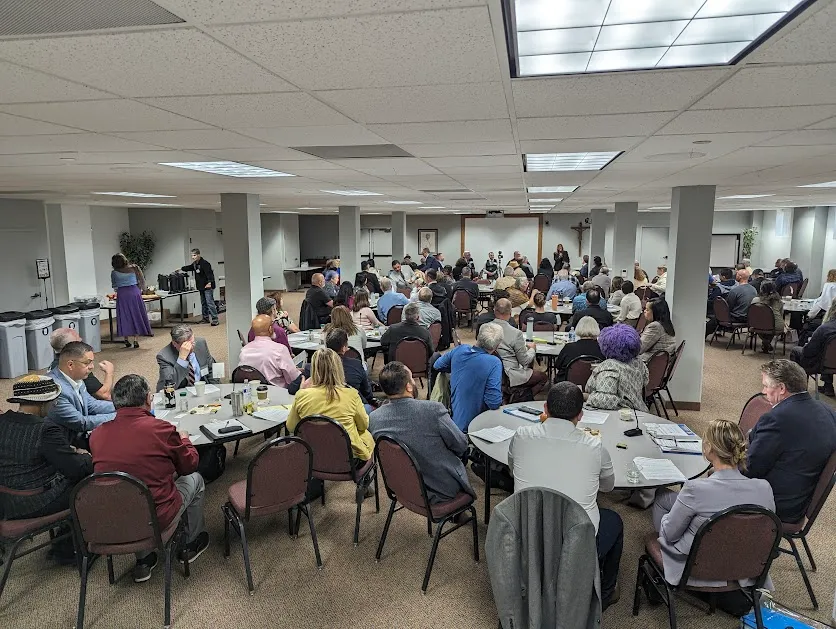When I worked for the Josephites, I was intrigued when Fr Edward Chiffriller, then the religious community’s superior general, gave me an essay from Fr Bryan Massingale about Malcolm X and the Catholic Church. At the time, I thought: Why would Massingale write about Malcolm X, and why would the head of the Josephites be inviting folks to read it?
I would quickly come to realize that Malcolm X was the master evangelist of the 20th century in the same way that Dr. Martin Luther King Jr. was a great moral voice not just for African Americans but for all people—especially the poor and the marginalized. Malcolm also has a marquee phrase by which he is remembered, and often mischaracterized: “By any means necessary.”
Ossie Davis, in his eulogy for Malcolm in 1965, called him Black America’s “manhood,” reminding his listeners that Malcolm spoke of pride, self-esteem, and the possibility of greatness for self and for all African Americans. Malcolm struck a previously untouched chord in Black America, creating a sense of militant self-determination that lives on to this day in the community. He is often mischaracterized and vilified as a violent, militant, racist extremist, though no one has produced a shred of evidence that he committed an act of violence or even broke the law after joining the Nation of Islam.
But why do I call him the master evangelist? Well, who knew anything of the Nation of Islam before the Honorable Elijah Muhammad appointed Malcolm as his spokesman? Always articulate and sincere in his speech and writing, Malcolm conveyed his methodology and rationale for sharing invitations to join the Nation.
“From the start, I have studied those in the Bible who did most to help spread the ‘Gospel of Jesus’ and tried my best to copy them to walk in their footsteps without anyone knowing it… because that the best way to be a successful follower (and helper) to you is to imitate their tactics and efforts. I’ve kept my eye closely on the prophecy to avoid being a doubting Thomas, betraying Judas, or denying Peter. Instead, I’ve secretly tried to be a fisherman, A Gospel-spreading Paul, a letter-writing (journalist) Paul, a traveling Paul, a diplomat to all classes of people… and Allah has blessed me.”
What did Malcolm do as the spokesperson for the Nation? He began his ministry when the organization had 6,000 members in 1954 and increased its membership to more than 100,000 by 1959. Consistent with his commitment to travel and witness to the “religion of Jesus” as St. Paul did, Malcolm established his way to publish as Paul did, creating the Muhammad Speaks newspaper in 1957. But Malcolm did not stop there.
In 1962, Malcolm befriended a young Olympic boxing champion named Cassius Clay. While reporters and others spoke of Clay’s boxing prowess, Malcolm imagined him as a political force—someone who “should be a diplomat” traveling the world with him, galvanizing a human rights movement at home and abroad. Clay became what Malcolm envisioned and more, emerging as Muhammad Ali, citizen of the world, before his first bout with Sonny Liston.
After his departure from the Nation in 1964, and with the common good of all people in mind, Malcolm formed his own organization, saying:
“We have formed an organization known as the Organization of Afro-American Unity, which has the same aim and objective – to fight whoever gets in our way, to bring about the complete independence of people of African descent here in the Western Hemisphere, and first here in the United States, and bring about the freedom of these people by any means necessary. That’s our motto. We want freedom by any means necessary. We want justice by any means necessary. We want equality by any means necessary.”
Malcolm elaborated on the meaning of “by any means necessary,” saying:
“For us to receive freedom, justice, and equality, we should never act out of hate, greed, anger, or revenge. This is how the White man does things. We must act in defense of our human rights by any means necessary.”
So, why did Fr Shiffriller suggest reading Massingale’s writings on Malcolm? In the end, I think Malcolm had a secret. It’s the same secret that the Samaritan woman at the well shared after her conversation with Jesus (cf. John 4:39). It was also Peter’s witness after the Resurrection (Acts 2:38). Malcolm’s discovery was this:
“I’ve secretly tried to be a fisherman, A Gospel-spreading Paul, a letter-writing (journalist) Paul, a traveling Paul, a diplomat to all classes of people… and Allah has blessed me.”
Isn’t this the purpose of the National Black Catholic Congress, the Synod of Bishops, and the Eucharistic Congress, as well as the mission of our Church? Malcolm did well sharing Jesus. We, as believers and Catholics, should follow his example.
Deacon Timothy E. Tilghman is a permanent deacon of the Archdiocese of Washington, currently assigned to St. Teresa of Avila Catholic Church. He has two master’s degrees, one in public policy and the other in theology. He is the author of “Going to the Well to Build Community: A Pastor’s Guide to Evangelization.”



